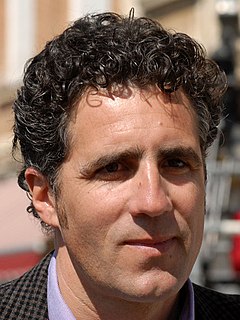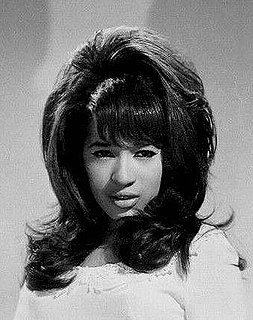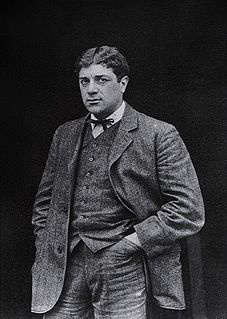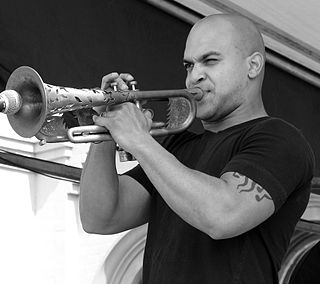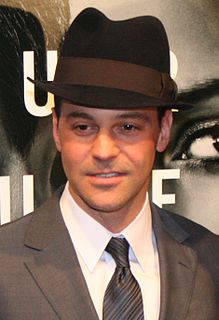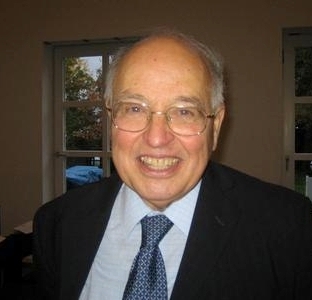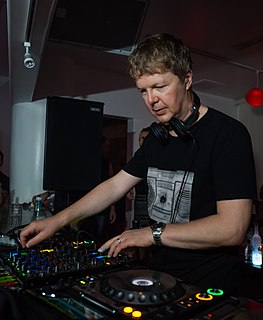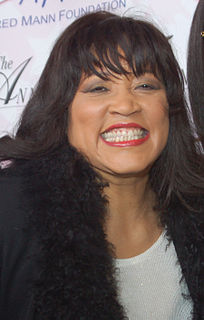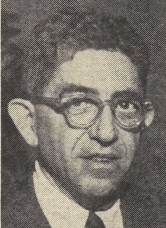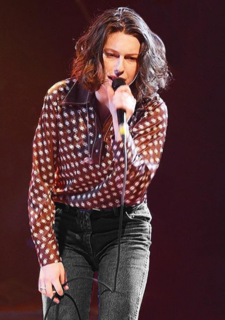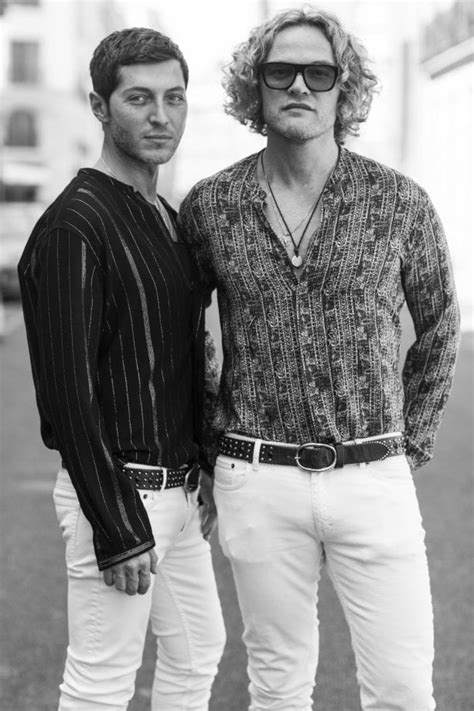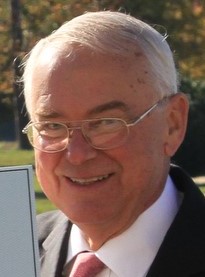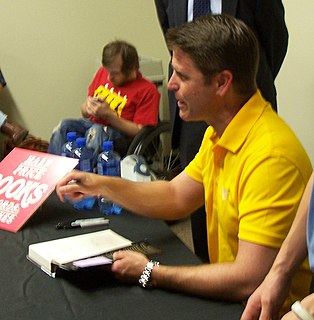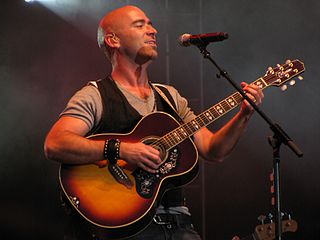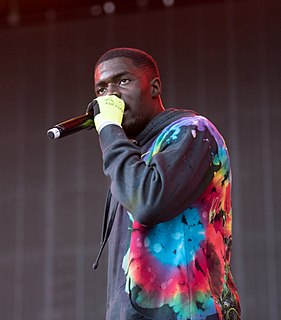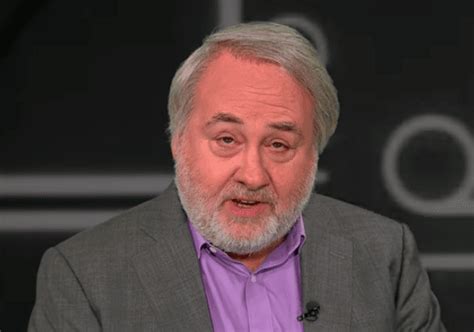Top 643 Harlem Renaissance Quotes & Sayings - Page 10
Explore popular Harlem Renaissance quotes.
Last updated on April 20, 2025.
I'm fascinated by the sprinters. They suffer so much during the race just to get to the finish, they hang on for dear life in the climbs, but then in the final kilometers they are transformed and do amazing things. It's not their force per se that impresses me, but rather the renaissance they experience. Seeing them suffer throughout the race only to be reborn in the final is something for fascination.
A lot of people who want to see the short story have a renaissance of readership - they tend to think of short stories, and sometimes poems too, as being well-suited to the way we now live, with all of these broken-up bits of time. I hope they're right, but my sense is that our fiction reading has become, if anything, more cherished as a kind of escape from fragmentation.
I look around me and I don’t see any rock’n’roll at the moment. Instead it’s all choreography and stylists and wigs and stuff. It’s like they’re afraid to let the music breathe. No one has their own identity like the Ronettes did back in the day. We had the skirts with the slits up the side, sort of tough, sort of Spanish Harlem cool, but sweet too. We didn’t have no dancers, we didn’t have no goddamn wigs.
It [the scientific revolution] outshines everything since the rise of Christianity and reduces the Renaissance and Reformation to the rank of mere episodes, mere internal displacements, within the system of medieval Christendom. . . . It looms so large as the real origin of the modern world and of the modern mentality that our customary periodization of European history has become an anachronism and an encumbrance.
Renaissance man, woman, either way it's a worthy pursuit! Like the painters of Emilia's day, I was raised in an environment that encouraged creative expression. Both my parents were artists, who didn't think much of TV and refused to upgrade our old black and white set. To entertain myself, I made art and wrote puppet shows.
In my neighborhood - West 121st Street in New York, "white Harlem" - there were only two drugs: smack and marijuana. By the time I was 13, some friends and I were using marijuana fairly regularly. The Reefer Madness myth was still very strong then, but I'd been into jazz and those lyrics included so many casual references to pot that it was completely demystified for me.
Jobs, as such, are a relatively new concept. People may have always worked, but until the advent of the corporation in the early Renaissance, most people just worked for themselves. They made shoes, plucked chickens, or created value in some way for other people, who then traded or paid for those goods and services.
I didn't know Harlem existed. I didn't know there was such a place, because I grew up in white Queens, where five miles is 100 miles. So I went to the school and, being a smart cookie - as they called us in those days - I had a million questions. How did this place exist? How come I didn't know about it? Why are people living like this? Do they want to live like this?
As we mourn President Mandela’s passing we must ask ourselves the fundamental question - what shall we do to respond to the tasks of building a democratic, non-racial, non-sexist and prosperous South Africa, a people-centred society free of hunger, poverty, disease and inequality, as well as Africa’s renaissance, to whose attainment President Nelson Mandela dedicated his whole life?
Traditional Chinese art looked at the Earth from a Confucian mountain top; Japanese art looked closely around screens; Italian Renaissance art surveyed conquered nature through the window or door-frame of a palace. For the Cro-Magnons, space is a metaphysical arena of continually intermittent appearances and disappearances.
But very early in life I became part of the majority culture and now don't think of myself as a minority. Yet the university said I was one. Anybody who has met a real minority - in the economic sense, not the numerical sense - would understand how ridiculous it is to describe a young man who is already at the university, already well into his studies in Italian and English Renaissance literature, as a minority.
People will get tired of overly retouched images soon and they'll want something different. If people have too much reality, they want fantasy. What matters most is what the image communicates. I remember the first roll of film I shot at high school, the contact sheet went from these really worthy images of cracks in the wall and ended up with all of my dancer friends naked in Renaissance poses.
I believe very much in a dialogue between buildings - I believe it's always been there. I think buildings have different identities and live very well next to each other. We always have the shock of the new, and that's fine. The renaissance style is totally different from the medieval, and they have a dialogue across time.
Canada, the United States and Mexico, we developed these energy reserves that we have in this North American region. And you can see a not only driving down the cost of electricity but a major manufacturing boom in this country. Couple that with tax policy, reduction, reducing the corporate tax rate, and that I think a renaissance in manufacturing like we've never seen in this country and really drive the economy.
The Middle Ages were an era of mysticism, ruled by blind faith and blind obedience to the dogma that faith is superior to reason. The Renaissance was specifically the rebirth of reason, the liberation of man's mind, the triumph of rationality over mysticism - a faltering, incomplete, but impassioned triumph that led to the birth of science, of individualism, of freedom.
The whole Renaissance tradition is antipethic to me. The hard-and-fast rules of perspective which it succeeded in imposing on art were a ghastly mistake which it has taken four centuries to redress; Cezanne and after him Picasso and myself can take a lot of credit for this. Scientific perspective forces the objects in a picture to disappear away from the beholder instead of bringing them within his reach as painting should.
The classic theology of my tradition comes from the French Renaissance. [William] Shakespeare was born in 1564, the year [John] Calvin died, and that theology was very influential in England in his lifetime. I think Shakespeare was attentive to questions raised by it, about human nature, history, reality itself. I find the two literatures to be mutually illuminating.
That old Bobby Kennedy 1968 form of liberalism where you could be holding hands with the Appalachian family on one day and then be in Harlem the next day and nobody thinks it's weird, that is something that isn't as strong. It was strong in 2008. It hasn't been as strong since then. That's just a reality that we have to deal with that it's not just that the Republicans ran a terrible candidate who had bad ideas, it's also that the circle of love and affirmation that we have as progressives can sometimes just not be big enough.
Put yourself in the position of an up-and-coming artist living in early-sixteenth-century Italy. Now imagine trying to distinguish yourself from the other artists living in your town: Michelangelo, Raphael, Leonardo, or Titian. Is it any wonder that the Italian High Renaissance lasted only 30 years?
Rapunzel is a bit more relatable than the other princesses, especially because she doesn't even know that she's a princess until the very end of the movie. I like to think of her as the bohemian Disney princess. She's barefoot and living in a tower. She paints and reads... She's a Renaissance woman.
If there was ever a food that had politics behind it, it is soul food. Soul food became a symbol of the black power movement in the late 1960s. Chef Marcus Samuelsson, with his soul food restaurant Red Rooster in Harlem, is very clear about what soul food represents. It is a food of memory, a food of labor.
Whatever happens in Washington, Wall Street, Hollywood or Silicon Vally in the next ten years, it will be irrelevant if our families don't come together at a much higher level. Without a renaissance of family, no new candidate can rise to save us. No new legislation, policy or program will heal our land.
The thing that surprised me the most is just how much money women that weren't rich were paying for their hair. When you're in a beauty parlor in Harlem next to abandoned buildings and somebody's paying five grand for a weave, that's a bit much. I think this is, in a weird way, part of the health care debate. It's like, hmm, there's people with $2000 weaves that could have bought health care with that weave money.
Lucy Mercedes Martinez, my mother, was probably my first mentor. She really tried to take care of me in spite of myself, and in spite of her own struggles with alcohol. She was an immigrant who had never finished school. But she was also a Renaissance woman who read voraciously. She spoke several languages.
The first time I went to New York, I went with my first boyfriend, Clark. His dad had just bought an apartment in New York, and my dad dropped us off, and we were there for a week on our own. I must have been 15 or 16. I remember I went to Harlem and bought a goose jacket. That was the hip, hot thing.
If theory is the role of the architect, then such beautiful proofs are the role of the craftsman. Of course, as with the great renaissance artists, such roles are not mutually exclusive. A great cathedral has both structural impressiveness and delicate detail. A great mathematical theory should similarly be beautiful on both large and small scales.
People think my career started when I sent that tape to Renaissance. I’d actually been working hard for seven years before I got to that point. I was putting on parties and booking DJs around me to get my name on the flyer. I knew I had to do it for myself. I knew no one was going to come knocking on my door. I knew it was up to me.
I started in theater when I was 14 in the Henry Street Playhouse on the Lower East Side in New York. You hustle, you beat the sidewalk, the pavement - audition, audition. I just started working around town everywhere. I mean everywhere - the Village, Harlem, you know. Brooklyn Academy Of Music. Just job after job.
Like Molière's M. Jourdain, who spoke prose all his life without knowing it, mathematicians have been reasoning for at least two millennia without being aware of all the principles underlying what they were doing. The real nature of the tools of their craft has become evident only within recent times A renaissance of logical studies in modern times begins with the publication in 1847 of George Boole's The Mathematical Analysis of Logic.
Out of the ashes of the Great War came the freewheeling cultural renaissance that was the Jazz Age, but the decade-long party of flapper dresses and bootlegging came to a crashing halt with the Crash of '29 - triggering the Great Depression and the New Deal that would help America get back on its feet, just in time for another, greater war.
I think that Shakespeare had his male side and his female side extremely well developed. And this was a great quality of the Elizabethan, all-around Renaissance man. They were not afraid of their male side and their female side co-existing. This somewhere along the line got lost. And then it got misunderstood.
I wanted to pay homage to someone who was such an important literary figure in my life. I think Langston Hughes would be proud of the picture Black Nativity, yet it's a contemporary story about a family living in Harlem. I named the lead character Langston, put a little bit of poetry in there, and some Langston Hughes quotes, and, of course, his stage play, Black Nativity.
The traditional doctrine of man and not the measurement of skulls and footprints is the key for the understanding of that anthropos who, despite the rebellion of Promethean man against Heaven from the period of Renaissance and its aftermath, is still the inner man of every man, the reality which no human being can deny wherever and whenever he lives, the imprint of a theomorphic nature which no historical change and transformation can erase completely from the face of that creature called man.
My hope is that 'The New World Haggadah' will open a new world for readers who will see our heritage through a multilingual prism. I wanted to feature medieval and renaissance authors, resistance in World War II, crypto-Jews and activists during the Dirty War in Latin America, songs of protest, and songs of hope.
The year before was my first collection for Emilio Pucci, and I was just starting the job and working in his Renaissance Palazzo, where Pucci is headquartered, so that inspired me. I found this image in the book. It was an old image of Emilio Pucci hanging out by the seaside with all of these women, and that's exactly how I used to think about this house - more of a lifestyle thing. This beautiful life. So I'm really working on that.
Back when I was 16, when I should have been doing normal high school things, I availed myself of my brand new driver's license to spend as much time as possible in Milwaukee's Renaissance Book Shop, a tumbledown five-story warehouse that the city was finally able to close down in 2011 for safety reasons. It was my teenage paradise.
Nobody I know is as committed to excellence as Donald Palmisano. He symbolizes everything that is good about our country. If Horatio Alger were alive today, he?d want to be just like Dr. Palmisano, one of the true Renaissance men I?ve had the privilege and pleasure of knowing! On Leadership continues in his tradition of excellence.
When I ask myself what are the great things we got from the Renaissance, it's the great art, the great music, the science insights of Leonardo da Vinci. Two hundred years from now, when you ask what are the great things that came from this era, I think it's going to be an understanding of the universe around us.
In some ways, it's better that Obama got elected than McCain. I'd rather be stabbed in the chest with an Obama steak knife than to have been slowly bled to death with McCain paper cuts. Say what you will, but Obama has brought about a patriotic and civic renaissance, the likes of which I have never seen.
I think that once you're able to sort of get in line with who and how you relate to the world, you'll become closer to this index that I'm referring to. Because what you want is this card that relates to that book. What you want is this human that relates to this world, rather than having this art school society scattering that point of view somewhere in between. It becomes diffused. And that level of clarity, I think, was gained at the Studio Museum in Harlem.
I had been reading about [John] Calvin for years and had been studying the English Renaissance for many more years, and it had never occurred to me to think of them together. I learned that Calvin was the most widely read writer in England in Shakespeare's lifetime. He was translated and published in many editions.
If you had a front row seat at the Renaissance, you would have seen Machiavelli come by plotting, and you would have seen murders in the streets, you would have seen violence, you have seen people burning books and it would have looked like the world was a horrible place, but that's where all these incredible stuff we're still living with comes out of.
One of my first role models was Eugene Lang, a wealthy businessman who went back to his elementary school in East Harlem and addressed the sixth-grade class. He looked out at that sea of faces and said, "If any of you wants to go to college, I will pay for it." When I read that, I burst into tears. It was so generous and so basic. Not fluffy. I can't understand why we scrimp on education and shortchange our kids. Why would the citizenry do that to the people who are going to inherit its republic?
Policing has to be done compassionately and consistently. You cannot police differently in Harlem than you're policing downtown. The same laws must apply. The same procedures must be employed. Certain areas at certain times may have more significant crime and require more police presence or more assertiveness, but it has to be balanced.
The Nineties was such an incredible period. There was this real sense of community and such a uniqueness to it. There were unique personalities, unique bands, unique lyrical takes. A lot of artistic expression. It was this real renaissance that was exciting to be a part of. It's hard to not look back on that period and say, "Yeah, it was crazy. But it was crazy good."
I feel like it's not so much a tradition as a system that has been codified over the centuries starting in the Renaissance that applies to any painted surface. So if you're engaging in paintings, this is the language that one has to learn and is obliged to speak. I was very fortunate that I learned this language when I was a kid before I went to California, where I learned the language of attitude. Somehow the two things began to coexist.
In Harlem, Facebook was big. Kids would make Facebook 'families,' where they would change their last name on Facebook and have the same last name as their friends. I had this girl I was talking to, and she changed her last name to West, so I changed mine to West, too. It wasn't until later that I took the 't' off.
Where there is no danger of overt action there is rarely any interference with freedom. That is why there has so often been amazing freedom of opinion within an aristocratic class which at the same time sanctioned the ruthless suppression of heterodox opinion among the common people. When the Inquisition was operating most effectively against the bourgeois who had lapsed into heresy, the princes of the Church and the nobles enjoyed the freedom of the Renaissance.
I've always been interested in the principle of the fractal, which is typified by self-similarity across scale, which both puts a lot of pressure on a specific viewer's perspective and opens up the number of "correct" viewing positions infinitely, in this way thwarting the power-related implications of traditional, Renaissance single-point perspective.
I believe that, if managed well, the Fourth Industrial Revolution can bring a new cultural renaissance, which will make us feel part of something much larger than ourselves: a true global civilization. I believe the changes that will sweep through society can provide a more inclusive, sustainable and harmonious society. But it will not come easily.
